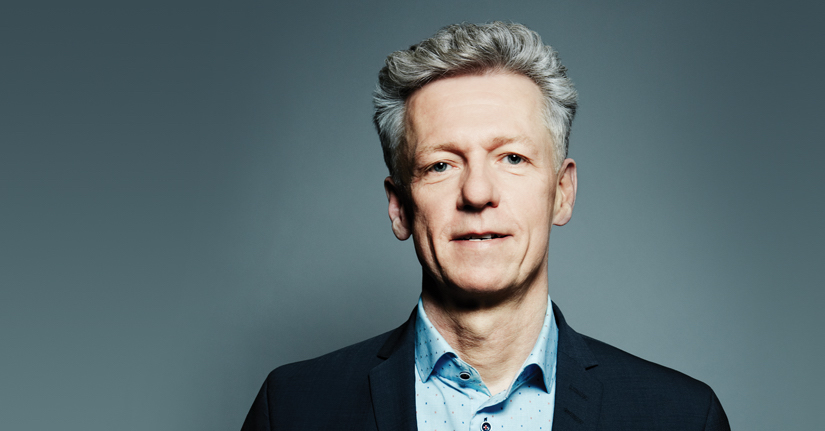Established in 2015, York University’s Dahdaleh Institute for Global Health Research is leading change.

James Orbinski
DAHDALEH INSTITUTE FOR GLOBAL HEALTH RESEARCH
DROUGHT, FAMINE, WARFARE and overpopulation: at one time, these problems seemed remote from our daily reality. That is no longer the case. Today, the world is beset by health crises caused by climate change, mass migration and systems of governance that no longer work well on a planet that adds one billion citizens to its population every thirteen years. The time to act is now.
Established in 2015, York University’s Dahdaleh Institute for Global Health Research is leading change in a world that desperately needs it. And there is no-one better to lead that change than James Orbinski, the Institute’s inaugural director.
A renowned humanitarian and medical doctor, Orbinski is best known for his fieldwork with Médecins Sans Frontiéres/ Doctors Without Borders. He led MSF’s mission during the Rwandan genocide in 1994, and served as International Council President when the organization was awarded a Nobel Peace Prize in 1999.
Orbinski considers the Dahdaleh Institute “a catalyst for good science, effective policy, and new ways of thinking. All of this is possible: the only thing limiting us is our imagination.” Right now, the Institute is working with the Lassonde School of Engineering to develop digital technology that will, among other things, improve water quality in refugee camps.
“I’m very hopeful about this Institute, and about our ability as human beings to take these issues on. I can’t imagine a better purpose for an institute of global health.”
They are organizing conferences and workshops to explore how outmoded post-World War II governance systems can be revitalized.
And they are marshalling York’s capacities in law, business, technology and culture to create a vision of health that takes into account its social as well as scientific dimensions. In spite of dire world events, Orbinski remains optimistic that the global problems facing us can indeed be solved. “I’m very hopeful about this Institute, and about our ability as human beings to take these issues on. I can’t imagine a better purpose for an institute of global health.”
